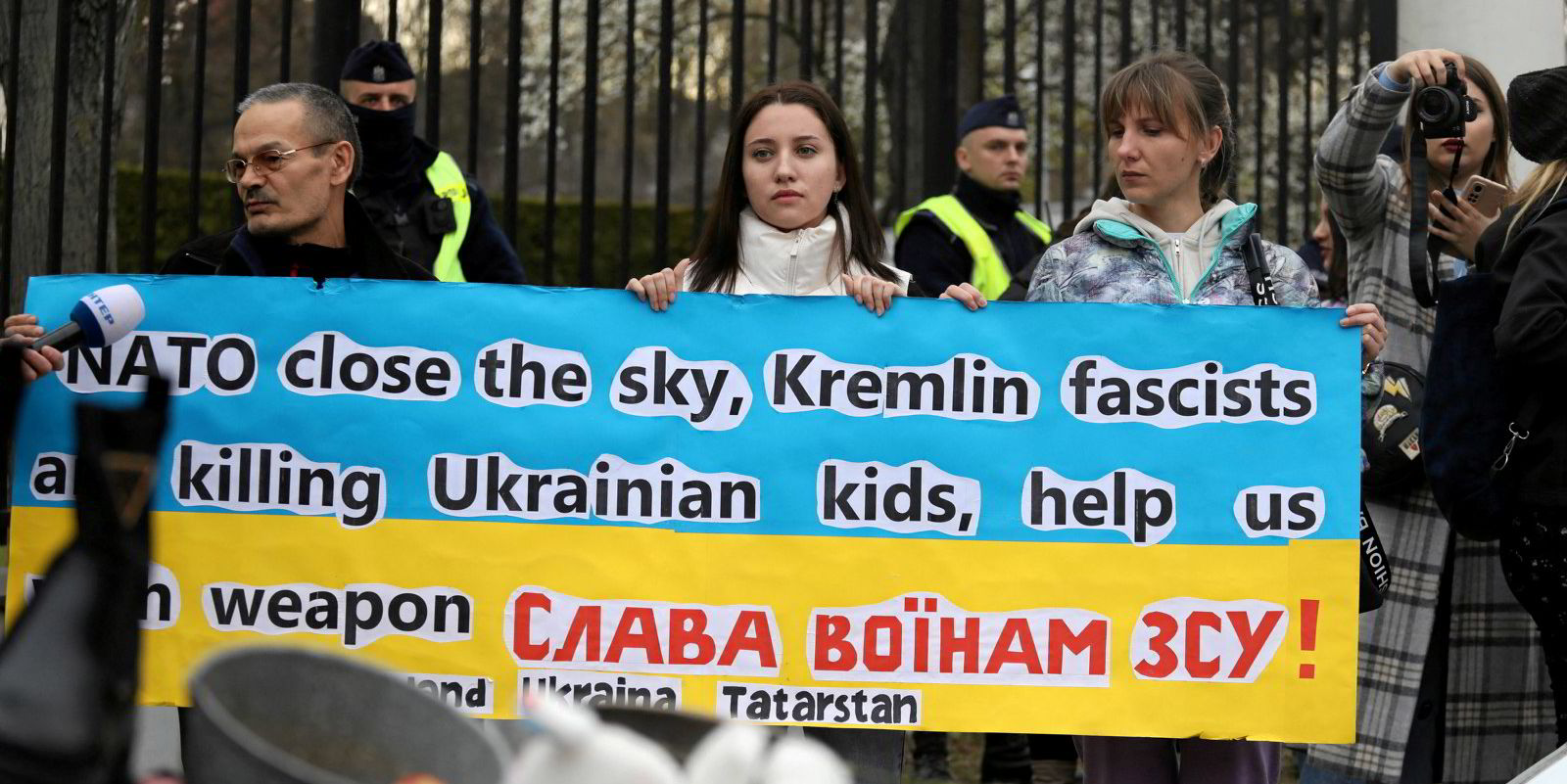Oil trading giant Vitol will not enter into any new Russian crude and product transactions as it moves forward with plans to stop trading Russian crude oil and products by the end of the year, Bloomberg has reported, citing a spokesman for the company.
The Dutch energy and commodities trading company will only handle cargoes for which contracts have already been signed.



